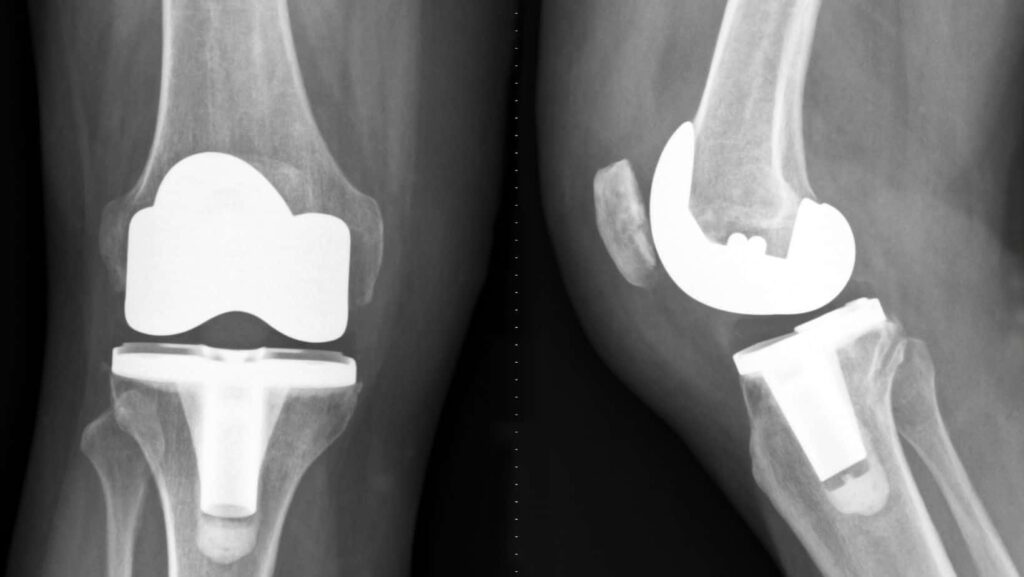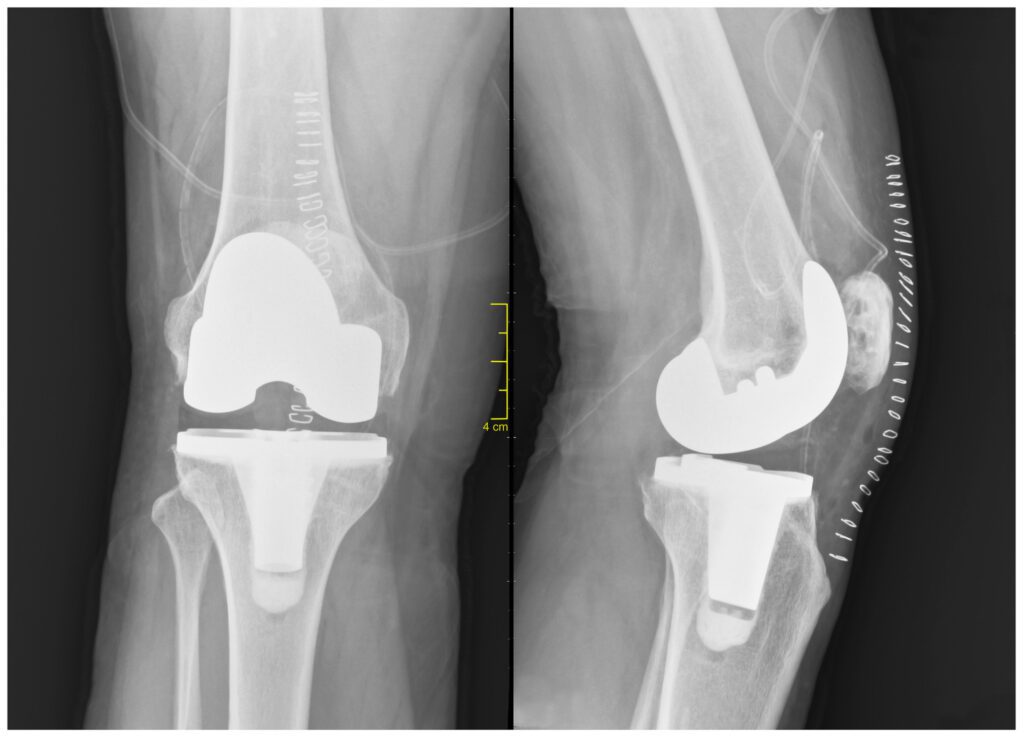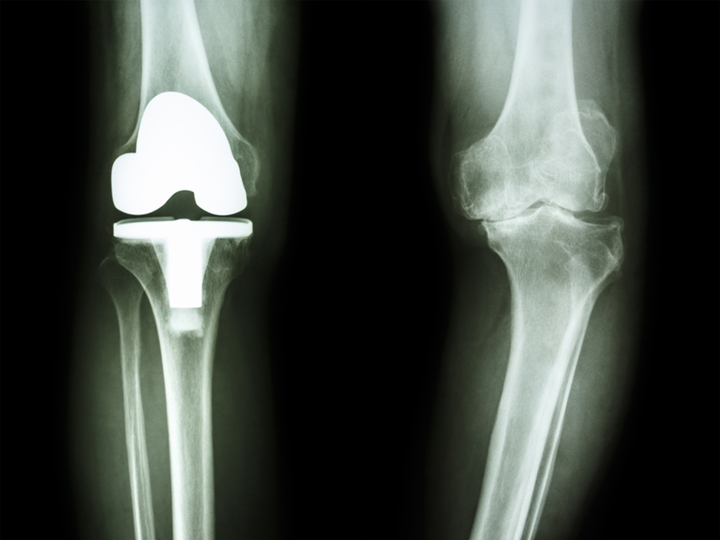Health
Top 5 Post-Knee Replacement Surgery Errors for a Smooth Recovery and Minimized Complications
One of the procedures that can change a person’s life is knee replacement surgery, also known as knee arthroplasty. This surgery is done to help people who suffer from chronic knee pain and limited movement due to osteoarthritis or injury.

While it offers the promise of a better quality of life, it’s crucial to know that its success depends a lot on what you do after the surgery.
Unfortunately, many patients make mistakes during their recovery that can slow down their progress or even cause problems. In this article, top 5 mistakes after knee replacement
Neglecting Physical Therapy
One big mistake many patients make is not fully participating in physical therapy after the surgery. Physical therapy is vital for getting your knee back to normal in terms of function, strength, and movement.
Some people underestimate how important it is and think they can manage their recovery by themselves.
But without the right guidance and exercises tailored to your needs, you might end up with weak muscles, stiffness, and difficulty moving your knee.
To avoid this mistake, it’s important to commit to attending all your physical therapy sessions and follow your therapist’s instructions carefully. Being consistent with your rehabilitation exercises is key to a successful recovery.

Ignoring Pain Management
Managing pain is crucial after knee replacement surgery, but some patients make the mistake of either ignoring it or using too much pain medication.
It’s natural to feel discomfort, but ignoring this pain can lead to problems like blood clots, infections, or a slower recovery.
On the other hand, relying too much on pain medication can lead to dependence or unwanted side effects.
To strike the right balance, follow the pain management plan your surgeon gives you. If you notice any changes in your pain levels, let your healthcare provider know right away so they can adjust your medication as needed.
As you progress in your recovery, you should need less pain medication.
Neglecting a Healthy Diet
Eating the right foods is important for a successful recovery. A well-balanced diet can speed up healing, reduce inflammation, and support your immune system. Some patients make the mistake of not paying enough attention to what they eat, which can lead to a slower recovery and potential complications.
Make sure your diet includes foods that are rich in vitamins, minerals, and protein, as these are essential for healing tissues. Also, staying hydrated helps the healing process and can prevent problems like urinary tract infections and constipation.
SEE ALSO – Ila Kreischer: Unveiling The Mystery Behind Bert Kreischer’s Daughter’s Health
Pushing Too Hard, Too Soon
It’s natural to want to regain your mobility and independence quickly after knee replacement surgery, but pushing yourself too hard or too soon can do more harm than good.

Patients who try to resume normal activities too quickly might damage their new joints or experience setbacks in their recovery. Overexertion can also lead to more pain and swelling.
To avoid this mistake, follow the advice of your surgeon and physical therapist regarding your activity levels and milestones.
Increase your activity gradually as your knee gets stronger and more flexible, and always listen to your body. Patience is key to a successful recovery.
Skipping Follow-Up Appointments
It can be tempting to skip follow-up appointments with your surgeon, especially when you start feeling better.
However, these appointments are essential for monitoring your progress and catching any potential problems early.
Ignoring or delaying follow-up appointments can mean missing chances to address issues and make sure your knee replacement is working correctly.
To prevent this mistake, make sure to go to all your scheduled follow-up appointments, even if you think everything is going well.
Your surgeon can offer valuable insights and make adjustments to your rehabilitation plan as needed.
Conclusion
Knee replacement surgery can be a life-changing procedure, but what happens afterward is crucial to its success.
By avoiding common mistakes like neglecting physical therapy, ignoring pain management, neglecting a healthy diet, pushing too hard too soon, and skipping follow-up appointments, you can greatly improve your chances of a smooth and successful recovery.
Remember that patience, dedication, and proper self-care are essential during this important phase of your journey toward better knee function and a pain-free life.